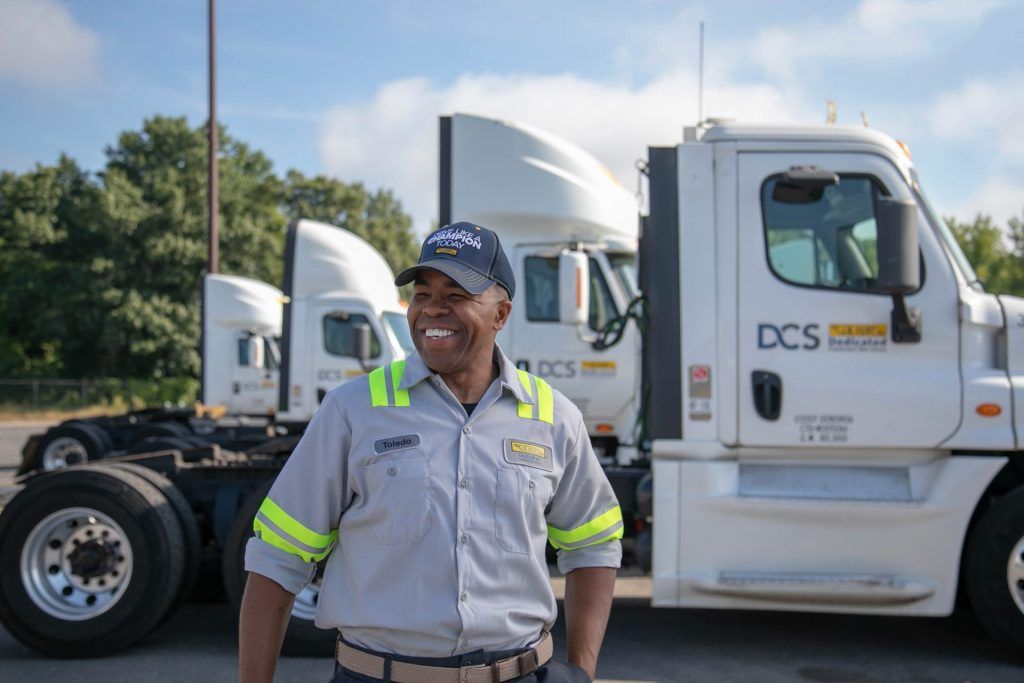Today, 90% of the U.S. trucking industry is made up of small, independent carriers that own five trucks or fewer.
Nearly 1 million owner-operators own a single truck.
Historically, carriers have found it prohibitively expensive to work directly with these small carriers because of the difficulties and delays inherent in verifying insurance documents and managing transportation contracts.
In the past, falsified insurance documents were often not discovered until it was too late, especially after a traffic accident in transit.
On this, LaneAxis believes its blockchain-based network and use of insurance certificates minted by non-fungible tokens will eliminate this major pain point, allowing shippers to work directly with hundreds or thousands of smaller carriers simultaneously and frictionlessly.
This is just one of many new use cases for LaneAxis’ blockchain-based network in the realm of decentralized Web 3.0 applications.
Carriers
LaneAxis is a global software company that provides proprietary end-to-end supply chain solutions to more than 6,000 customers.
By its own definition, the company is breaking new ground for the fractured $12 trillion global supply chain, with an immediate focus on the nearly $1 trillion U.S. freight industry.
The use of artificial intelligence powered by blockchain-protected data may render some long-standing transportation terms obsolete.
Full truckload (FTL), less-than-truckload (LTL), regional and last mile shipments will fall under the category of «Network Visibility.»
The benefits related to this visibility will be made possible through a combination of modern technologies that track deliveries and incentivize drivers to share their locations and routes live through the LaneAxis reward system.

Blockchain is a software solution that records data in a centralized or decentralized network improving the efficiency and security of stored information.
In the transportation industry, information and data is fragmented and there are no centralized data sets that all parties can trust.

